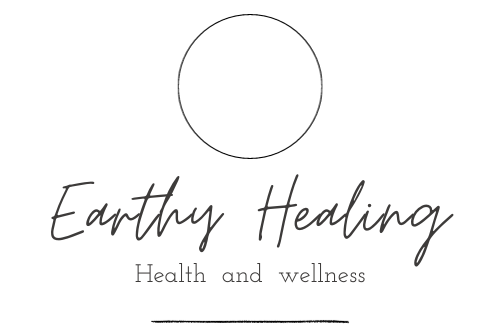Introduction:
Vitamin A, a fat-soluble vitamin, is fundamental to maintaining healthy vision, ensuring the proper functioning of the immune system, and promoting cell growth. Found in various food sources, this essential nutrient plays a critical role in maintaining overall health and well-being. This article will explore the benefits of vitamin A, its dietary sources, the consequences of deficiency, and the recommended intake to harness its health-promoting properties effectively.
What is Vitamin A?
Vitamin A refers to a group of compounds that include retinol, retinal, and retinyl esters, which are essential for maintaining eye health, immune function, and skin integrity. It also encompasses carotenoids like beta-carotene, which the body can convert into retinol.
Health Benefits of Vitamin A
- Vision Support: Vitamin A is crucial for maintaining healthy vision, especially in low-light conditions. It supports the function of the retina and prevents conditions like night blindness.
- Immune Enhancement: It strengthens the immune system by supporting the production and function of white blood cells, which helps the body fight off infections.
- Skin Health: Vitamin A promotes skin regeneration and helps prevent breakouts by reducing the overproduction of skin cells in the hair follicles.
- Cell Growth and Reproduction: Being essential for cell growth, vitamin A is vital for the normal formation and maintenance of the heart, lungs, kidneys, and other organs.
Dietary Sources of Vitamin A
Vitamin A can be obtained from both animal and plant sources:
- Animal sources (retinol): liver, fish oils, milk, eggs, and butter.
- Plant sources (carotenoids): carrots, sweet potatoes, spinach, kale, and other leafy greens, as well as fruits like mangoes and apricots.
Vitamin A Deficiency
Deficiency in vitamin A can lead to serious health issues, including:
- Night blindness and severe eye disorders.
- Increased susceptibility to infections.
- Skin problems and delayed wound healing.
Groups at risk of vitamin A deficiency include pregnant women, breastfeeding mothers, infants, and children, especially in developing countries.
Recommended Intake and Supplementation
The recommended daily intake of vitamin A varies by age, gender, and life stage. Adult men need about 900 micrograms (mcg) of vitamin A per day, while women need 700 mcg. Supplements may be necessary for individuals unable to meet their needs through diet alone, but excessive intake of vitamin A, especially in the form of retinol, can be toxic and lead to hypervitaminosis A.
Conclusion:
Vitamin A is an indispensable nutrient that plays a vital role in maintaining vision, immune function, skin health, and cellular growth. By consuming a balanced diet rich in vitamin A sources, individuals can ensure they are meeting their nutritional needs and supporting their overall health and well-being.

